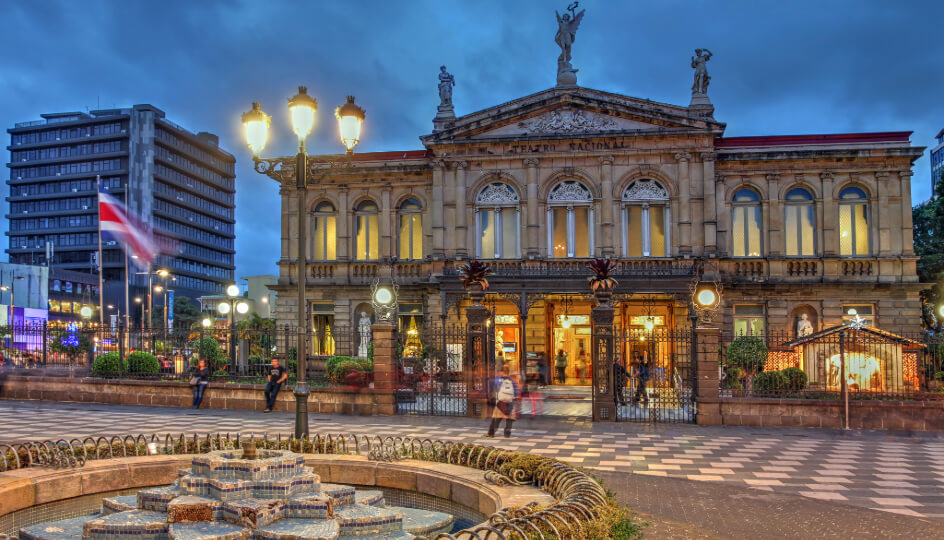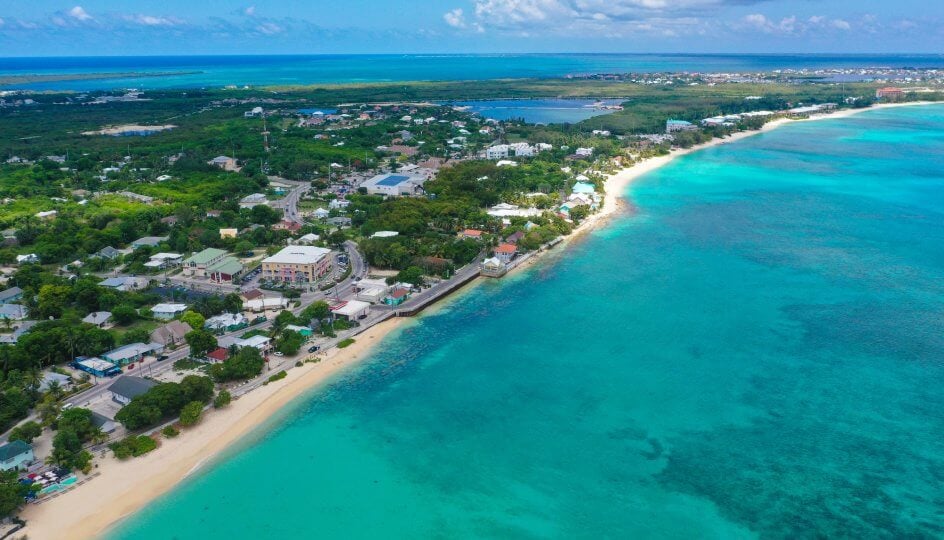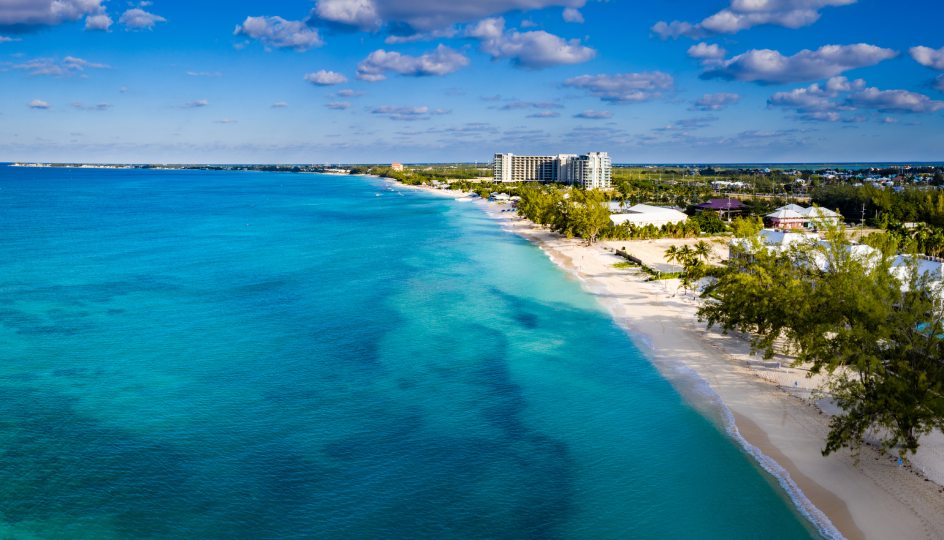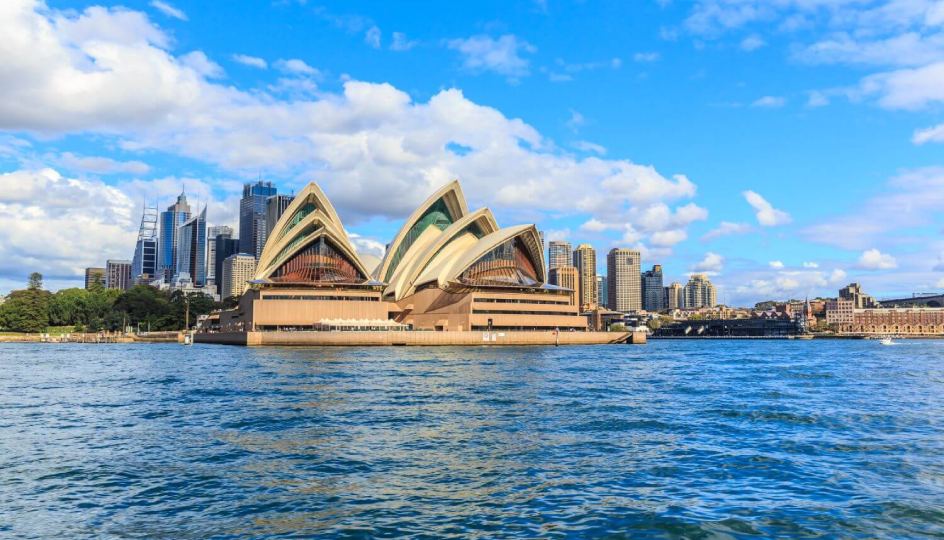Reasons to invest in Vietnam
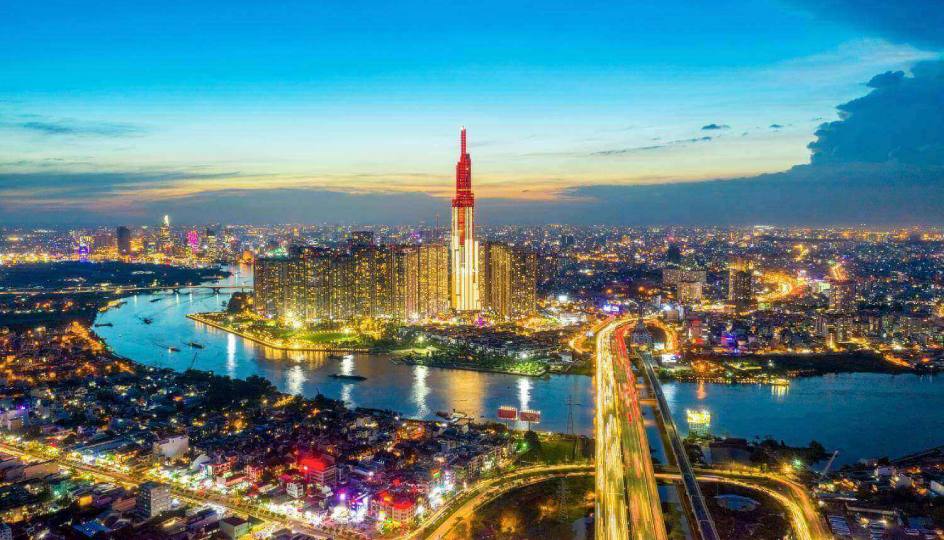
Vietnam offers a lot of potential for foreign investors, especially for those who are looking to venture into Asia Pacific. Here are some facts you should know about investing in Vietnam.
Cited as the second China, Vietnam has come a long way to achieve economic robustness and openness today. According to the World Bank, Vietnam has moved from being one of the world’s poorest nations into a lower middle-income country over the past three decades.
Keep reading to find out why you should invest in this country.
Strategic trade agreements put Vietnam in a good place
Good times are ahead for Vietnam as it is involved in several trade agreements. As a member of The Association of Southeast Asian Nations (ASEAN), Vietnam benefits when the ASEAN Free Trade Area (AFTA) was introduced to lower the intra-regional tariffs through the Common Effective Preferential Tariff (CEPT) Scheme.
Vietnam has also developed close relationships with the EU and China. Firstly, the Free Trade Agreement between the European Union and Vietnam is expected to be ratified this year.
“The European Union (EU)-Vietnam Free Trade Agreement signed in 2015 should speed annual economic growth by half a percent to more than 7% by 2019, according to data from the business consultancy Dezan Shira & Associates,” reported by The Voice of America.
Vietnam also just became China’s biggest trade partner in the ASEAN bloc, with two-way trade hitting over US$10bn for every month of 2018 for the first time, as reported by Inquirer.net.
Lowered bureaucracy and dissolving red tape
Vietnam had a reputation of being a difficult place to set up a business. However, this has changed after several policy changes and the on-going government’s efforts to improve over the last decade. Most of the compliance processes have been digitalised and the time of the business registrations take to be approved had been reduced by 30% to 50% over the same period.
Several business-friendly policies were introduced by the government, such as the recent VAT and corporate income tax changes announced early this year. The Vietnamese government has also set deadlines for various authorities to provide approval for foreign firms’ applications to set up their businesses in the country.
On top of that, import and export procedures are improving due to the upgrades of the automated cargo clearance systems and the prolonged operating hours of the customs department. This has led to shorter customs clearance times and more transparency in customs procedures.
As business chambers in Vietnam continue to provide insightful suggestions, the government is listening and continues to make the country an easier place to do business.
Vietnam is growing talents to match the demand
Vietnam has been gaining attention as a destination for export manufacturing given the availability of cheap labour. The minimum wage in Hanoi and Ho Chi Minh City is just VND3.9m (US$172) per month.
The country has shown impressive result with more than 90% of the working-age population being literate, higher than its peers with similar economic growth, according to The World Bank report.
However, the government is currently paying more attention to the high-skilled industries such as technology and ecology start-ups by building education programmes focusing on these sectors for the Vietnamese.
As of February 2018, there are more than 1,900 vocational training centers across Vietnam, offering programs in tourism, beauty services, information technology, and more as the government aims to provide vocational training to 2.2 million people in 2018. This will unleash a group of literate and skilled labour into the job markets, ready to cater for the business demands in the near future.
Infrastructure in Vietnam is booming
The Vietnamese government has been pushing for new projects and upgrades for the existing ones such as highways and shipping ports. In 2016, the government released a list of projects that have been opened for foreign investments including:
- upgrades and construction of roads, bridges, and railways;
- expanding capacity and reliability of power grids in Hanoi and Ho Chi Minh City;
- construction and development of industrial parks and complexes;
- expansion of existing port capacity.
As a result, improvements are being made to the railway connecting Ho Chi Minh City and Hanoi, roads getting refurbished in Vietnam (of which only 20% were paved), and the building country’s electricity plants.
In May 2018, a digital magazine, We Build Value reported that the Vietnamese government has approved a US$921m investment plan to boost the performance of its industrial parks from now until 2020.
Work with an expert to venture into Vietnam
Vietnam offers a fertile business environment especially to those who want to venture into the ASEAN and Asia Pacific regions. Before making such investment, foreign investors and multinational corporations must carry out adequate due diligence or work with local experts in order to smoothen the business setup process and comply with local regulations.
According to TMF Group’s recent Corporate Compliance Index 2018 research, Vietnam is the eight most complex countries for corporate compliance among 84 countries surveyed. To improve transparency in the country, Vietnam has released and implemented certain legal documents focusing on different fields to adopt with global changes.
TMF Vietnam can help you with everything from business set up to on-going accounting and reporting, corporate secretarial, and human resources and payroll.
Want to know more about our services? Talk to us.
